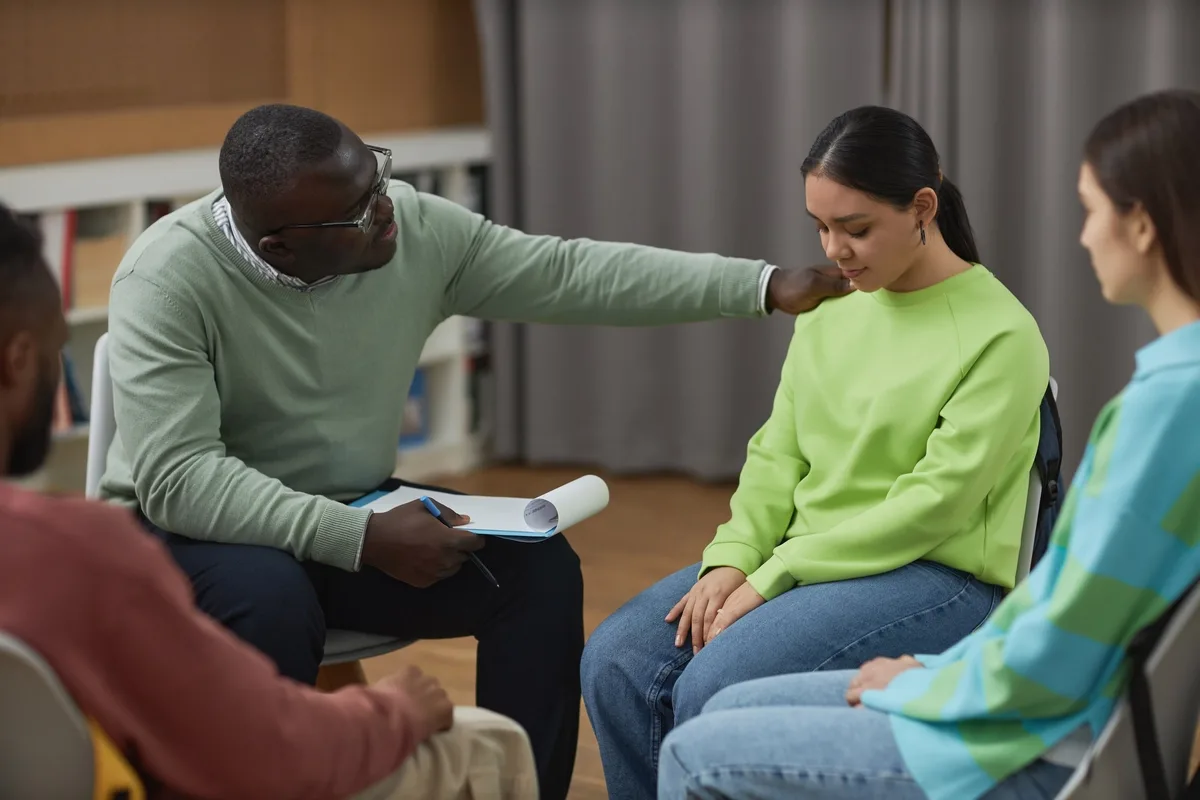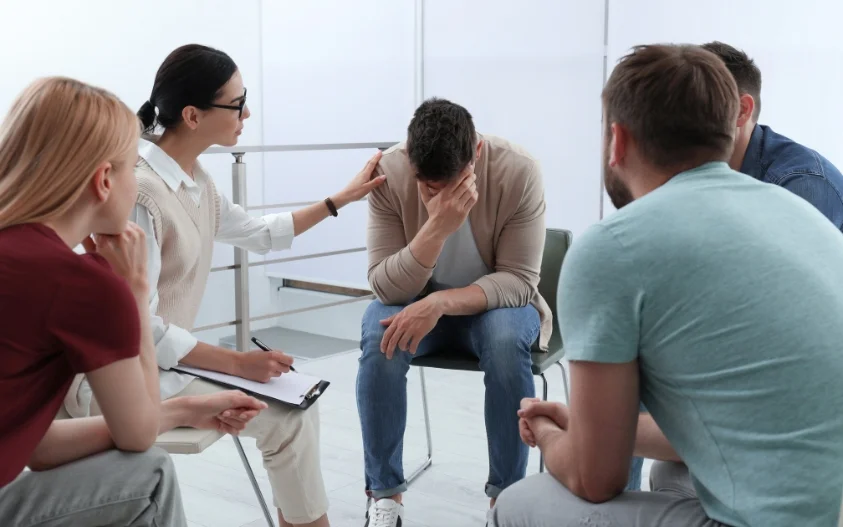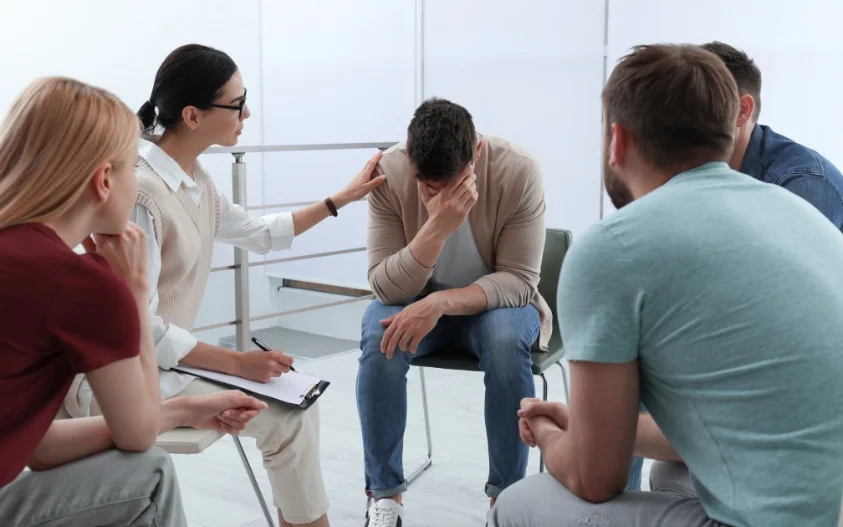24/7 Helpline:
(866) 899-221924/7 Helpline:
(866) 899-2219
Learn more about PTSD Rehab centers in Colquitt County

Other Insurance Options

Coventry Health Care

Sliding scale payment assistance

Meritain

Carleon

GEHA

State Farm

PHCS Network

Amerigroup

Lucent

Multiplan

Medical Mutual of Ohio

MHNNet Behavioral Health

Humana

Providence

Holman Group

Optum

UnitedHealth Group

Health Partners

Cigna

Optima

Turning Point
Turning Point is an alcohol and drug rehabilitation center in Moultrie, Georgia. The facility is loc...

Colquitt County Mental Health
Colquitt County Mental Health provides an array of support and services to those affected by mental ...

Turning Point West Campus
The Turning Point West Campus is a drug and alcohol treatment center that supports adults with subst...
















NA – Narcotics Anonymous – Group
NA – Narcotics Anonymous – Group is a non-profit rehab located in Moultrie, Georgia. NA – Narcotics ...

Turning Point Intensive Outpatient Center – Men
For over 25 years, Turning Point has provided healing and hope to adults who suffer from behavioral ...

Turning Point Trauma II
For over 25 years, Turning Point has provided healing and hope to adults who suffer from behavioral ...

Turning Point Intensive Outpatient Center – Women
For over 25 years, Turning Point has provided healing and hope to adults who suffer from behavioral ...









































































